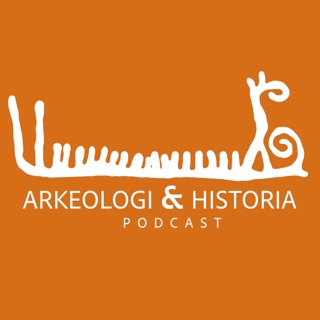
AMA | July 2025
Welcome to the July 2025 Ask Me Anything episode of Mindscape! These monthly excursions are funded by Patreon supporters (who are also the ones asking the questions). We take questions asked by Patreo...
7 Juli 20254h 3min

320 | Solo: Complexity and the Universe
Our universe started out looking very simple: hot, dense, smooth, rapidly expanding. According to our best current model, it will end up looking simple once again: cold, dark, empty. It's in between -...
30 Juni 20252h 14min

319 | Bryan Van Norden on Philosophy From the Rest of the World
It is common to refer to philosophy as "a series of footnotes to Plato." But in the original quote, Alfred North Whitehead was more careful: he limited his characterization to "the European philosophi...
23 Juni 20251h 12min

318 | Edward Miguel on the Developing Practice of Development Economics
Economics is seeing an upsurge in the importance of controlled, reproducible empirical studies. One area where this has had a great impact is on development economics, which studies the economies of l...
16 Juni 20251h 20min

317 | Nicole Rust on Why Neuroscience Hasn't Solved Brain Disorders
The human brain is extremely complicated, but decades of careful neuroscientific research have revealed quite a bit about how it works, including how certain genes affect particular brain behaviors. N...
9 Juni 20251h 14min

AMA | June 2025
Welcome to the June 2025 Ask Me Anything episode of Mindscape! These monthly excursions are funded by Patreon supporters (who are also the ones asking the questions). We take questions asked by Patreo...
2 Juni 20253h 23min

316 | Niayesh Afshordi and Phil Halper
Einstein's general theory of relativity, plus some reasonable assumptions about the universe and what it's made of, has a remarkable implication: that as we trace cosmic evolution into the far past, w...
26 Maj 20251h 28min

315 | Branden Fitelson on the Logic and Use of Probability
Every time you see an apple spontaneously break away from a tree, it falls downward. You therefore claim that there is a law of physics: apples fall downward from trees. But how can you really know? A...
19 Maj 20251h 28min




















